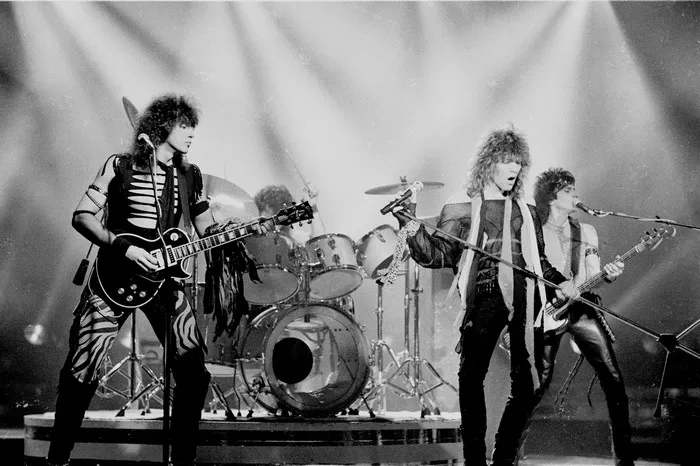Rock music, with its electrifying guitar riffs, thunderous drums, and raw, emotive vocals, has been a driving force in the world of music for decades. But what are rock songs usually about? Delving into the heart and soul of rock, we find that this genre often explores a range of common, yet timeless, thematic elements. From the rebellious spirit to love’s triumphs and tragedies, rock music resonates with listeners by touching on the essence of the human experience.
Sex, Drugs, and Rock ‘n’ Roll
One of the most enduring stereotypes associated with rock music is its connection to sex and drugs. While not all rock songs explicitly delve into these topics, they undeniably have a presence within the genre. Songs like “Whole Lotta Love” by Led Zeppelin or “Purple Haze” by Jimi Hendrix have become anthems synonymous with the hedonistic side of rock ‘n’ roll. These tracks capture the unapologetic, carefree spirit that has long defined the genre, celebrating a lifestyle that often rebels against societal norms.
Pain and Struggles of Life
Beyond the glamorous facade, rock music often serves as a cathartic outlet for artists and listeners alike to confront life’s challenges and pain. Songs like Pink Floyd’s “Comfortably Numb” or “Hurt” by Johnny Cash provide poignant glimpses into the depths of emotional suffering and addiction. Rock offers a canvas for artists to express their own struggles and, in turn, resonates with fans who have faced their own demons. It’s a powerful reminder that, despite the fame and fortune, artists are as human as the rest of us.
The Rebellious Spirit
Rock has always been the soundtrack of rebellion. From its early days with artists like Elvis Presley shaking up conservative norms to punk rock’s aggressive rejection of the status quo, this genre embodies a spirit of defiance. Songs like “Born to Be Wild” by Steppenwolf and “Anarchy in the U.K.” by the Sex Pistols exemplify this rebellious streak. Rock empowers listeners to challenge authority, question the establishment, and assert their individuality.
Love’s Triumphs and Tragedies
Love is a universal theme that transcends musical genres, and rock is no exception. From heart-pounding anthems of love’s triumphs, like “Sweet Child o’ Mine” by Guns N’ Roses, to the gut-wrenching tales of love’s demise in songs like “I Will Always Love You” by Whitney Houston, rock music captures the full spectrum of human relationships. These songs evoke deep emotions, making them relatable to anyone who has experienced the highs and lows of love.
Personal Experiences and Unmet Desires
Rock artists often draw inspiration from their own lives, channeling personal experiences, desires, and frustrations into their music. Bruce Springsteen’s “Born to Run” is a classic example of an artist reflecting on his own aspirations and longing for something more. Many rock songs serve as a mirror to our own desires and unfulfilled dreams, resonating with listeners who seek meaning and purpose in their own lives.
Breakups and Betrayal
Heartbreak and betrayal are emotional crucibles that inspire countless rock ballads and anthems. Songs like “Go Your Own Way” by Fleetwood Mac and “With or Without You” by U2 capture the pain, regret, and confusion that often accompany the end of a romantic relationship. These tracks provide solace and understanding to those navigating the tumultuous waters of love gone awry.
The Power of Rock’s Versatility
What are rock songs usually about? The answer lies in the genre’s remarkable versatility. While these themes—sex, drugs, pain, rebelliousness, love, personal experiences, and heartbreak—form the backbone of many rock songs, they are not limiting. Rock music is a canvas on which artists paint the full spectrum of human emotions and experiences, creating a rich tapestry of sound and meaning.
In essence, rock music is a reflection of life itself, capturing the essence of what it means to be human—our joys, our sorrows, our triumphs, and our failures. So, the next time you crank up the volume on your favorite rock anthem, remember that you’re not just listening to music; you’re experiencing the raw, unfiltered emotions of the artists who pour their hearts and souls into their songs, connecting with you on a level that transcends words alone.

